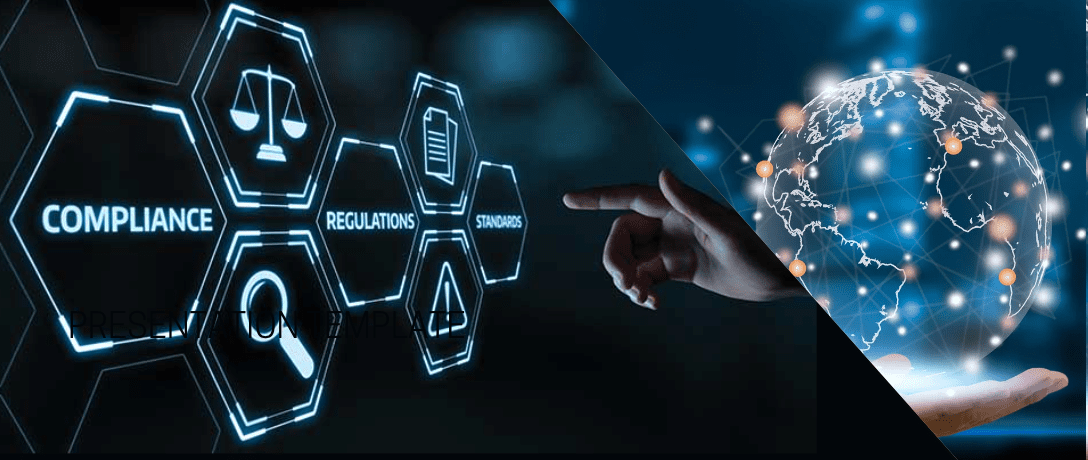Navigating China's Laws and Policies to Ensure Compliant Operations
https://www.australiachinalink.com.au/China-Market-Express-free-download
In today's globalized world, with China as the world's second-largest economy, its business environment, regulations, and policies have profound implications for international corporations. To successfully operate in this vast market, companies must not only deeply understand local culture and consumer demands but also ensure their operations consistently adhere to Chinese laws and standards. This article aims to guide companies on how to navigate China's complex regulatory environment and ensure compliant operations.
1. Understanding China's Regulatory Framework
It's essential to understand that China's legal system is predominantly regulation-driven, implying that governmental departments frequently release and update relevant rules and policies.
- Key Departments: Entities such as the People's Bank of China (PBOC), China Securities Regulatory Commission (CSRC), and China Banking and Insurance Regulatory Commission (CBIRC) are responsible for different economic sectors.
- Regulation Releases: New regulations and policies are frequently issued and updated, and companies need to stay updated to adjust their business strategies accordingly.
2. The Importance of Compliance
- Avoiding Fines: Non-compliance can lead to significant financial losses, including fines and compensations.
- Maintaining Reputation: For most companies, reputation and brand image are invaluable assets, and operating compliantly helps safeguard this asset.
- Continuous Operations: In severe cases, non-compliance could even lead to forced business closures.
3. Practical Suggestions
- Establish a Compliance Team: Specifically responsible for tracking and interpreting new regulations and policies.
- Train Employees: Ensuring they understand and follow all relevant regulations.
- Collaborate with Local Lawyers and Consultants: Typically, they are more familiar with the local legal environment and can provide tailored advice.
4. New Challenges with Technology and Data
With rapid advancements in digitization and technology, how to compliantly handle and protect user data has become a new challenge for companies.
- Data Protection: Ensure adherence to China's data protection regulations, like the Personal Information Protection Law.
- Technology Export: If involving technology transfers, make sure to comply with China's tech export regulations.
Conclusion
Successfully entering and operating in the Chinese market is not just about market strategies and product quality. It's predominantly about ensuring continuous compliance in this ever-evolving legal environment. By understanding, adapting, and adhering to China's regulations and policies, businesses can ensure their long-term success and continuous growth in China.
持续监管和合规性
导航中国的法规和政策,确保合规运营
在全球化的今天,中国作为世界第二大经济体,其商业环境、法规和政策对国际企业有着深远的影响。要在这个巨大的市场中成功运营,不仅需要深入了解当地的文化和消费者需求,更需要确保自身的经营活动始终符合中国的相关法规和标准。本文旨在指引企业如何导航中国复杂的监管环境,确保其合规运营。
1. 了解中国的监管框架
首先,要明白中国的法律体系是以法规为主导,这意味着政府部门经常发布和更新相关法规和政策。
- 关键部门: 例如中国人民银行 (PBOC)、中国证监会 (CSRC)、中国银保监会 (CBIRC) 等都负责监管不同的经济领域。
- 法规的发布: 新的法规和政策经常被发布和更新,企业需要持续关注以确保及时调整经营策略。
2. 合规性的重要性
- 避免罚款: 不合规可能导致严重的经济损失,包括罚款和赔偿。
- 维护声誉: 对于大多数企业而言,声誉和品牌形象是无价之宝,合规运营有助于保护这一资产。
- 持续运营: 在严重情况下,不合规甚至可能导致企业被迫停业。
3. 实践建议
- 设立合规团队: 专门负责跟踪和解读新的法规和政策。
- 培训员工: 保证他们了解并遵循所有相关的法规。
- 与当地律师和顾问合作: 他们通常更熟悉当地的法律环境,能提供有针对性的建议。
4. 面对技术和数据的新挑战
随着数字化和技术的快速发展,如何合规处理和保护用户数据已成为企业的新挑战。
- 数据保护: 确保遵循中国的数据保护法规,如《个人信息保护法》。
- 技术出口: 若涉及技术转移,需确保符合中国的技术出口法规。
结论
成功进入和运营于中国市场不仅仅是关于市场策略和产品质量,更多的是关于如何确保在这个瞬息万变的法律环境中持续合规。通过了解、适应并遵循中国的法规和政策,企业可以确保其在中国的长期成功和持续增长。




